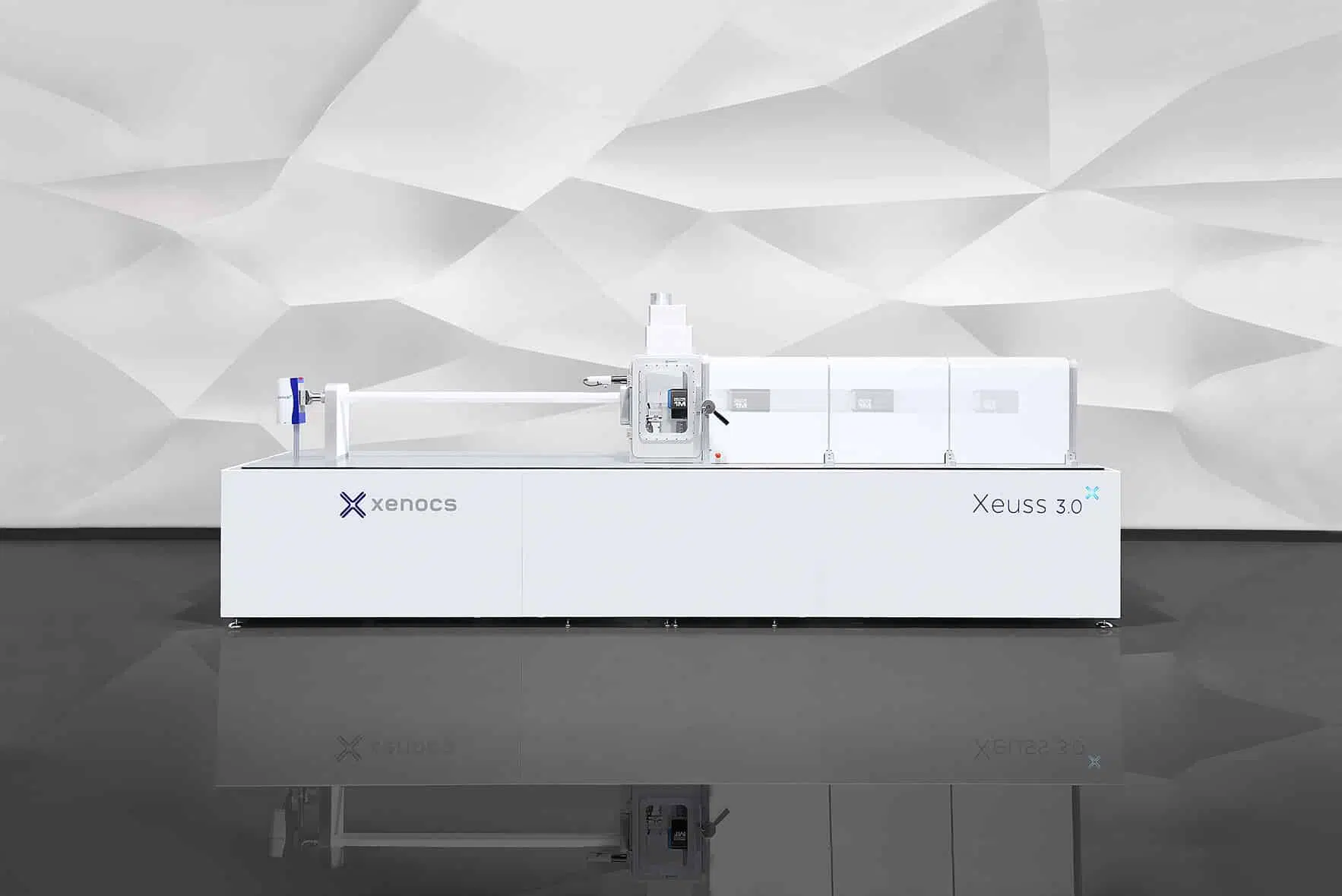Molecular Pharmaceutics, 2017, vol 14, 3, pp. 722-732
DOI:10.1021/acs.molpharmaceut.6b01008
Abstract
The chemotherapeutic Parthenolide is an exciting new candidate for the treatment of acute lymphoblastic leukemia, but like many other small-molecule drugs, it has low aqueous solubility. As a consequence, Parthenolide can only be administered clinically in the presence of harmful cosolvents. Accordingly, we describe the synthesis, characterization, and testing of a range of biocompatible triblock copolymer micelles as particle-based delivery vectors for the hydrophobic drug Parthenolide. The drug-loaded particles are produced via an emulsion-to-micelle transition method, and the effects of introducing anionic and cationic surface charges on stability, drug sequestration, biocompatibility, and efficacy are investigated. Significantly, we demonstrate high levels of efficacy in the organic solvent-free systems against human mesenchymal stem cells and primary T-acute lymphoblastic leukemia patient cells, highlighting the effectiveness of the delivery vectors for the treatment of acute lymphoblastic leukemia.


































